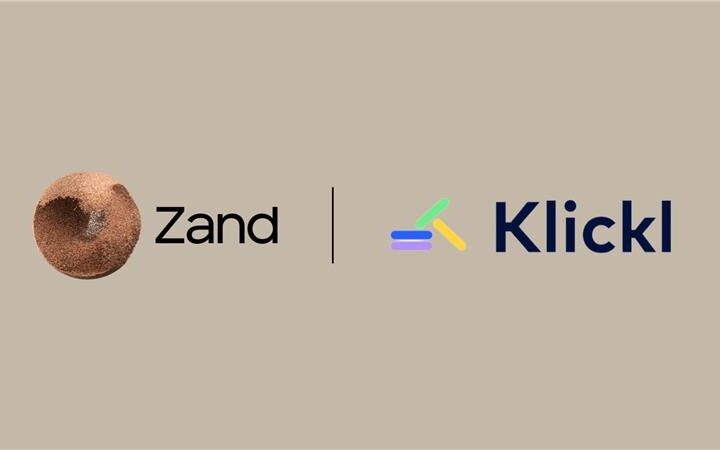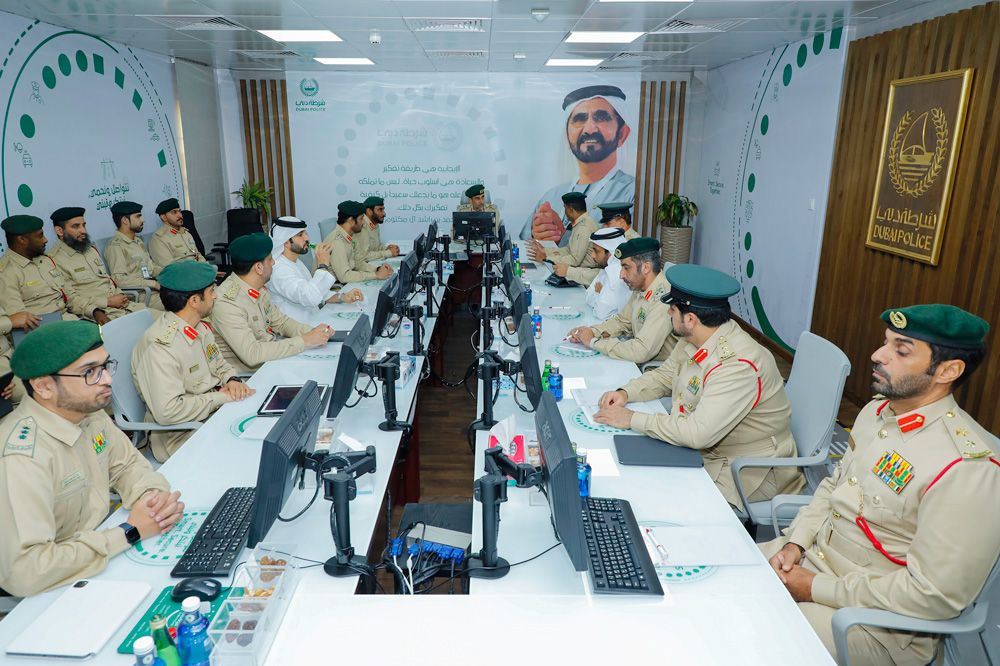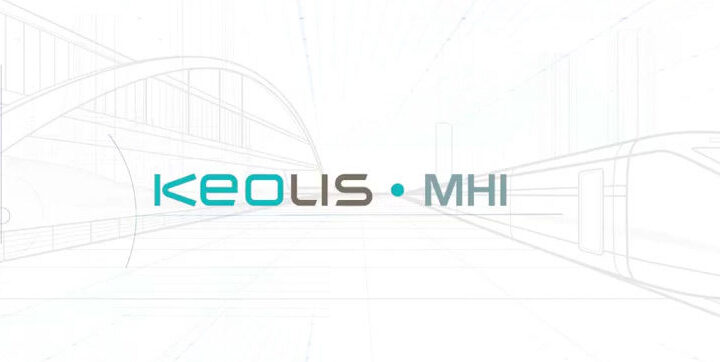Dubai, UAE – A joint study by CO2 AI and Boston Consulting Group (BCG) reveals that despite the escalating frequency and severity of climate-related disasters, companies worldwide have made limited progress in measuring and reducing emissions in their operations and supply chains. The study, titled “Why Some Companies Are Ahead in the Race to Net Zero,” surveyed 1,850 executives across 18 major industries and 23 countries.
Only 10% of companies report comprehensive measurement of all their emissions, showing no improvement from the previous year. Moreover, only 14% have successfully reduced emissions in line with their ambitions over the past five years, citing economic challenges and capital constraints as hindrances.
The United Arab Emirates (UAE) stands out for its leadership in climate action, launching the UAE Net Zero by 2050 strategic initiative, aiming to achieve net-zero emissions by 2050. This initiative aligns with global sustainability goals and underscores the region’s commitment to comprehensive emissions measurement and reduction.
Despite slow progress, companies making strides in decarbonization are experiencing financial and non-financial benefits, including reputational value, lower operating costs, and regulatory compliance. Respondents estimate an annual financial benefit of at least $100 million from meeting emissions reduction targets.
The study notes an improvement in measuring Scope 3 emissions, with 53% of companies now partially measuring and reporting these emissions. Some regions, such as the Asia Pacific, have demonstrated clear improvement in comprehensive reporting of emissions.

Companies successfully reducing emissions exhibit four key traits: collaboration with suppliers and customers on emissions measurement and reduction, calculating emissions at the product level, leveraging digital technology in emissions management, and viewing regulations positively.
In the Gulf Cooperation Council (GCC), the use of artificial intelligence (AI) and technology for climate sustainability is gaining international attention. The region’s strategic investment in AI-driven solutions is revolutionizing resource management and carbon emission reduction, showcasing innovative approaches to environmental stewardship. The GCC’s proactive adoption of cutting-edge technologies highlights its dedication to leading in sustainable solutions, catering to its distinct environmental and economic contexts.
The study’s release precedes COP28, emphasizing the urgency for companies to accelerate efforts in emissions reduction and comprehensive measurement.















